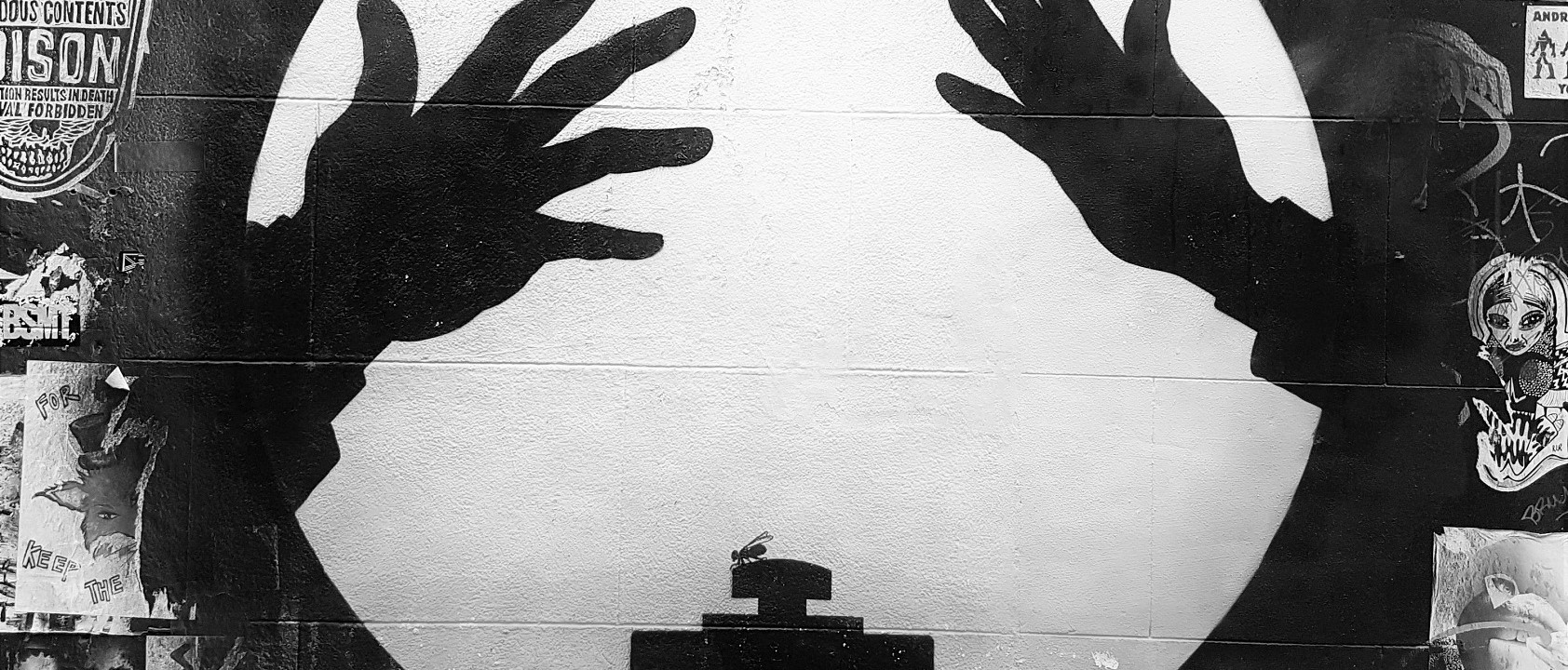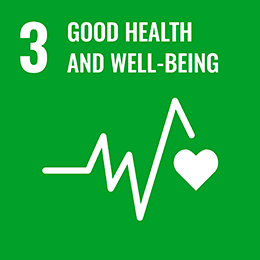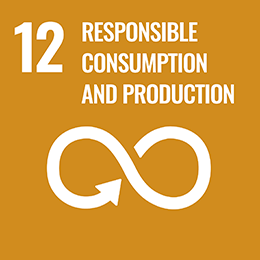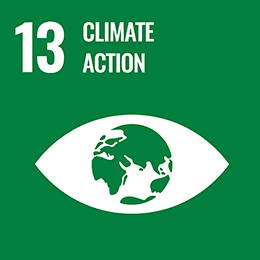A World of Risk

Share this article
How long until Doomsday?
“I violated the Noah rule: Predicting rain doesn’t count; building arks does” ― Warren Buffett
Is there such a thing as living in harmony with risk? The general consensus is that if you can measure risk, you can manage it. But how do you pick which risk to manage? The Doomsday Clock is counting them all and tracks how vulnerable the world is to catastrophe.
Today, impending climate change (2.6% of the global population is at risk to flooding), nuclear threat (North Korea’s current nuclear ambitions) and rise in terrorist attacks keep the clock’s minute hand at three ticks away from midnight (the hour of the apocalypse).
Terror it seems has become a global way of life: with right wing terrorism in the US; Jewish fundamentalism in Israel; the recent attacks in Jakarta; and Africa’s growing threat. Paris late last year highlighted the blurred lines between the migrant crisis and terrorism from Islamic extremists by renewing a belief that terrorists had infiltrated the refugee boats.
Europe’s refugee crisis may only be a small part of an unstoppable mass migration (a reversal of the migration to the Middle East during the Crusades) but it is posing a threat to the Schengen area and brings with it five major risks of its own.
The greatest of which is increasing the likelihood of the UK’s withdrawal from the European Union. Brexit is more than a skirmish, but few know exactly what the implied risks are and whether or not the UK will be just the first domino to fall? How it all plays out is anyone’s guess, but the stability of the European Union itself is hanging in the balance. The reality is just as riveting as Andrew Marr’s novel.
The atmosphere is full of threats of ‘war’. Could Donald Trump’s protectionist policies spark a global trade war with China? Or will investors get caught in the cross fire if Hilary Clinton and/or Bernie Sander’s plans for some form of new Glass Steagall Act go beyond just hamstringing Wall Street?
Will the US adding to the existing regulatory burden worldwide trigger a global regulation war between those that believe that over financial regulation is holding back the global recovery and those that believe that there is not enough? Philip Booth, professor of insurance and risk management, Cass Business School, cautions that this new era of international financial regulation is actually causing systemic risk.
But a collapse in the financial systems is unlikely to change the hands of the Doomsday Clock in the same way that the climate’s threatens food security or that there will be more plastic than fish in the oceans by 2050. Other potentially catastrophic risks are super bugs that become resilient to antibiotics, a danger that the World Health Organisation takes seriously.
Chronic obesity, dementia, Alzheimer’s and Parkinson’s are all on the rise to (and an increasing burden on society’s resources), might there be a common risk linking all of these? Risk of course depends on one’s point of view. To an Apple addict the thought of a world without the latest iPhone could seem cataclysmic but it’s not a completely far-fetched idea.
Has the iPhone hit its sales’ peak, proving that its past success is based on Steve Jobs’ Zen-style thinking rather than something replicable over the longer term? Adding to Apple’s headache is the looming threat of a global tax war. Along with other US-based technology companies such as Facebook and Alphabet (Google’s parent), there is a chance they will be forced to pay tax where their profits are created and the ensuing battle could see a tax system formed in 1928 fall apart.
Apple’s fortunes may be at risk of reversal but the advancement of technology, as covered previously in Rise of the Robots is unlikely to be halted. A number of jobs are heading towards extinction, and while a complete I, Robot-style take-over is perhaps not on the cards right now it has not been ruled out.
Managing robot risk was a topic at the 2015 World Economic Forum last January. In fact, 2015 was also the year that the Foundation for Responsible Robotics was formed and chaired by Noel Sharkey, a renowned expert in the field and professor of artificial intelligence and robotics at the University of Sheffield. The foundation’s job will be to address the ‘urgent societal issues’ highlighted by the rise of the machines and to shape public policy on robots.
If the 2015 Paris Climate Conference (COP21) achieves its goal to keep global warming below 2°C, then maybe the hands of the Doomsday Clock will move a little further away from midnight. But why is all knowledge so important? Assessing risks in the insurance industry is pretty big business and one that is expensive to get wrong.
“Insurers have always found it costly to ignore new exposures. Doing that in the case of terrorism, however, could literally bankrupt the industry. No one knows the probability of a nuclear detonation in a major metropolis this year (or even multiple detonations, given that a terrorist organization able to construct one bomb might not stop there).
“Nor can anyone, with assurance, assess the probability in this year, or another, of deadly biological or chemical agents being introduced simultaneously (say, through ventilation systems) into multiple office buildings and manufacturing plants. An attack like that would produce astronomical workers’ compensation claims,” said Warren Buffett in his 2001 letter.
The Oracle of Omaha has pretty specific guidelines for insurance underwriting, yet in the wake of the 11 September 2001 terror attacks even though he had thought about the possibilities of the possibility of a large scale terror attack, “I did not convert thought into action. I violated the Noah rule: Predicting rain doesn’t count; building arks does.” But with the Doomsday Clock at three minutes to midnight is an ark even relevant for a Carrington Event?
Photo: © Niki Natarajan 2018
Artist: Otto Schade
Article for information only. All content is created and published by CdR Capital SA. The views and opinions expressed in this article are those of the author(s). Information on this website is only directed at professional, institutional or qualified investors and is not suitable for retail investors. None of the material contained on this website is intended to constitute an offer to sell, or an invitation or solicitation of an offer to buy any product or service. Nothing in this website, or article, should be construed as investment, tax, legal or other advice.
Related articles
Race to Zero
The excessiveness of 2021’s record-breaking heat dome temperatures and flood levels beg the question: has anthropogenic climate change reached tipping point? Can the world limit global warming with the energy transition or is net zero too little too late?

Human Impact
Despite the Doomsday Clock hand remaining at two minutes to midnight in 2019, the imminent threats to humanity and planet continue as we enter a period of ‘new abnormal’. Three of the top five risks by likelihood (and four by impact) are environmental.

Water: Dying of Thirst
If the Colorado River is recognised as a person, it could become part of a solution to a global risk: freshwater scarcity. More than 70% of the world is covered in water (oceans make up 96.5% of the total) but not very much is useable freshwater.





